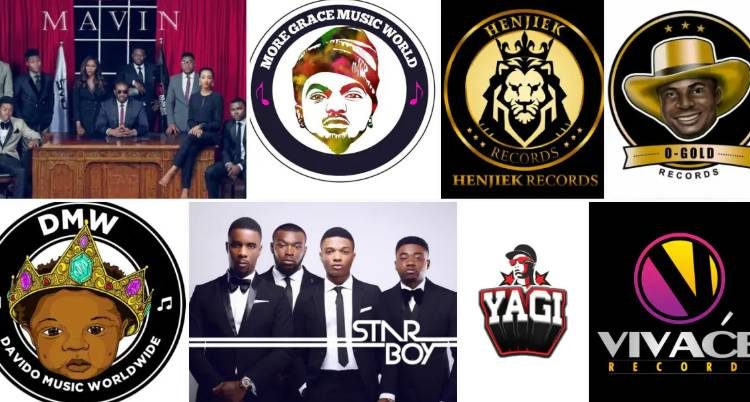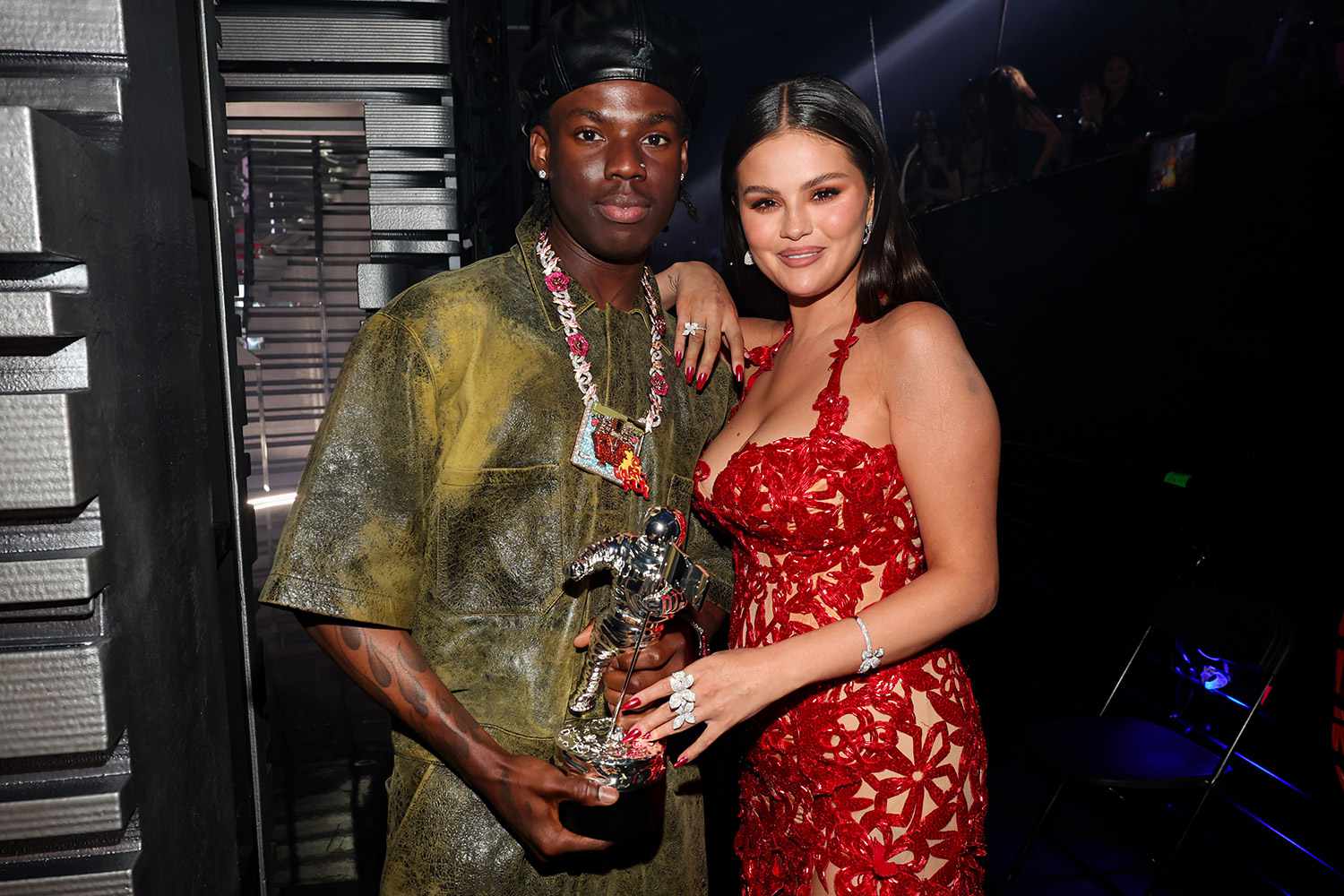
How Record Labels Make Money
Chances are that you’re familiar with the term “record deal”, but how well do you understand record labels and record deals?
Let’s break it down for you.
Simplifying the Role of Record Labels
Put simply, a record deal is a legal agreement between two parties, the record label and the artist.
- The label agrees to release and promote the artist’s music for distribution. This is usually done through digital outlets like iTunes or Spotify.
- The artist, in turn, agrees to sign over all or some ownership of their recording rights in perpetuity or in exchange for money upfront.
- Other terms may include part or fully funded pre and post production budget to be paid by the label.
Record Labels Make Most of Their Money From Music Royalties
Most of the financial and technical support provided by a record label is done based on an existing agreement. Payment comes from the artist’s different avenues. The most common avenue is Royalties (also called “points”). This is the money earned every time one of their songs is played, downloaded or streamed.
Merchandise and Ticket Sales are an Alternative Revenue Source
In addition to music royalties, record labels also make a killing from merchandise and ticket sales.
For example, if an artist has a successful tour, the label can make tens of thousands of dollars in profits from T-shirts, hats, posters and other memorabilia that are sold at the shows.
And that’s not even mentioning the fact that ticket prices are usually jacked up for concerts to maximize profits for everyone involved.
Sponsorships and Advertisements
Sponsorships can come in many forms, such as product endorsements or event sponsorship. Often, the amount of money a sponsor gives a record label is directly proportional to how much marketing and advertising they desire from the label. Record labels, more often than not, generate income through this avenue as well.
Record labels also get paid to place ads on their websites, social media platforms and even within their albums. In some cases, the ads are for the record label’s products and services, while in other cases, they are for third-party services.
Record Labels and their Deal Types
Not all record deals are exactly the same. So, let’s dive into the kinds of deals that exist, shall we?
360 Deals – With this type of deal, the label has rights to the recorded music and all revenue streams generated by the artist. Some of these streams include touring profits, publishing, endorsements, merchandise and even book or film adaptations or involvements.
Traditional Record Deals – Here, the record label has the rights and ownership of the artist’s music for a time period. In turn, the label gives the artist a payment advance. This payment is tied to an agreed royalty split, connected to each sale. However, this is a huge risk for the label as there is no guarantee that music made will sell.
Indie Record Deals – Indie record labels are independent, smaller sized companies that do not operate in the same capacity as major labels. As such, their financial offerings are usually on the lower end. Indie record deals are usually more favorable to the artist. This is because the artist can earn higher royalties or retain copyright ownership.
Upstreaming Deals – Upstreaming deals are usually between an indie label and a major company. It constitutes a distribution and production deal activated when the artist achieves a pre-agreed level of success. This is a good deal for the artist because they can grow without the pressure that comes with a major label.
Label Services Deals – These kinds of deals are offered by regular companies that provide similar services as a traditional label. The difference is that label service deals don’t take over ownership of an artist’s record. The deals mostly cover distribution, promotion, publicity, radio, and social media. Payment is made upfront by the company and recouped by taking a percentage of the artist’s shares.
Production Deals – Other kinds of deals that exist are Production deals. These are characterized by a group of financiers who offer full or part support for the entire production process of an artist’s records including music videos.
Conclusion
It is important to know that while these are the conventional deals that exist, a deal can be made based on agreeable terms between two parties and may not conform to the traditional terms that is commonplace in the industry at present.
As an up and coming artist, it is advisable to employ the services of an entertainment lawyer to assist you in overseeing all dealings accordingly and protect your interests.
Follow us on our socials for more knowledge on royalties.







